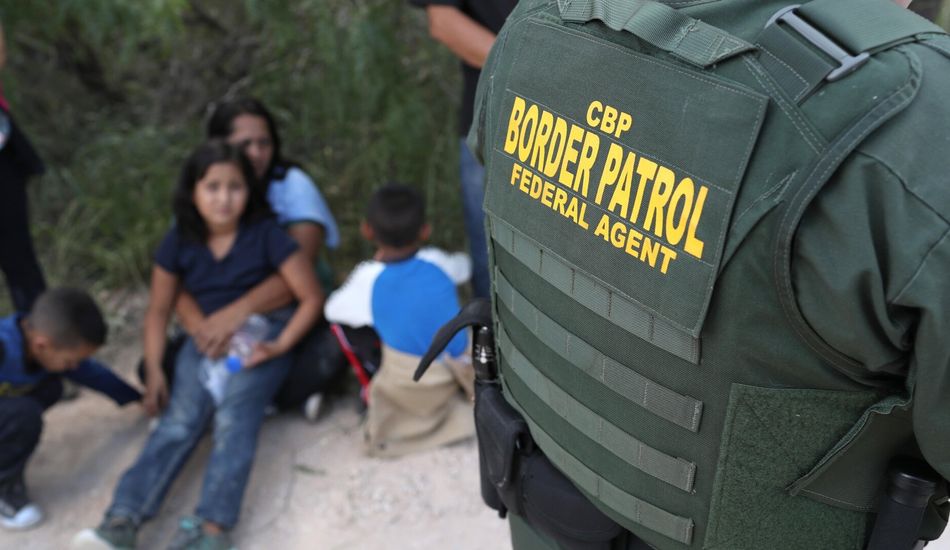
Border Patrol Eyes AI to Decode Hidden Messages in Your Devices
So, I stumbled upon this article about the U.S. Customs and Border Protection (CBP), and it's got me thinking about our digital privacy. Apparently, they're on the hunt for a new tech tool that can dig deep into our phones and computers when we cross the border. It's not just about looking at our texts, photos, and contacts; they want to find hidden patterns and "coded language" that might not be obvious at first glance.
I mean, it sounds a bit like something out of a spy movie, right? The CBP wants to identify objects in videos and photos and quickly process all this data to generate intel. They're basically trying to find a digital Sherlock Holmes to analyze our devices. What worries me is that it feels like a step too far. I understand the need for security, but this level of scrutiny seems excessive and intrusive.
The numbers are pretty staggering. Back in 2015, they searched 8,500 devices. Fast forward to 2023, and that number jumped to 41,500! And they're not just doing quick scans; they performed 4,200 "advanced" searches this year alone, which means a deep dive into our personal data. Currently, they are using Cellebrite, a well-known digital forensics firm from Israel to help them with this "endeavor".
It makes you wonder if we should all start carrying burner phones when we travel to the U.S. just to avoid the hassle. I know it sounds extreme, but it's hard not to feel like our privacy is being eroded when agencies are actively seeking ways to analyze our digital lives in such detail.
The CBP plans to pick a vendor and start building this new system in 2026, so we might see this new "feature" of our dystopian future arrive in 2027.
Source: Gizmodo